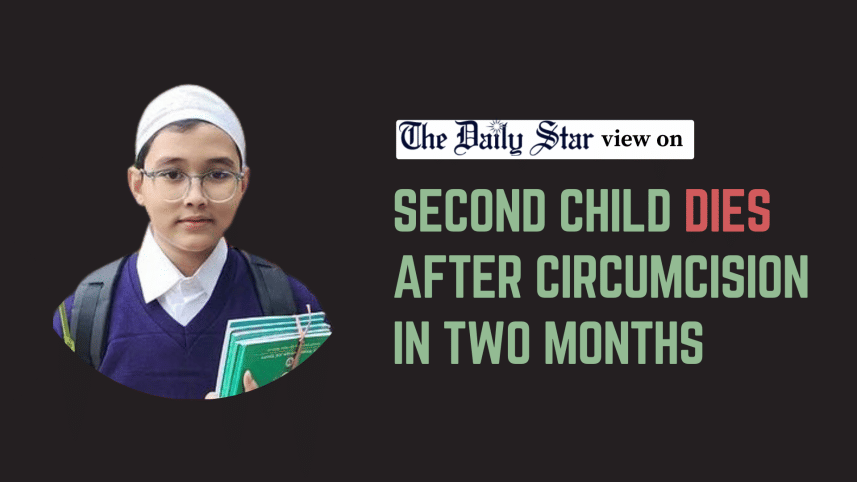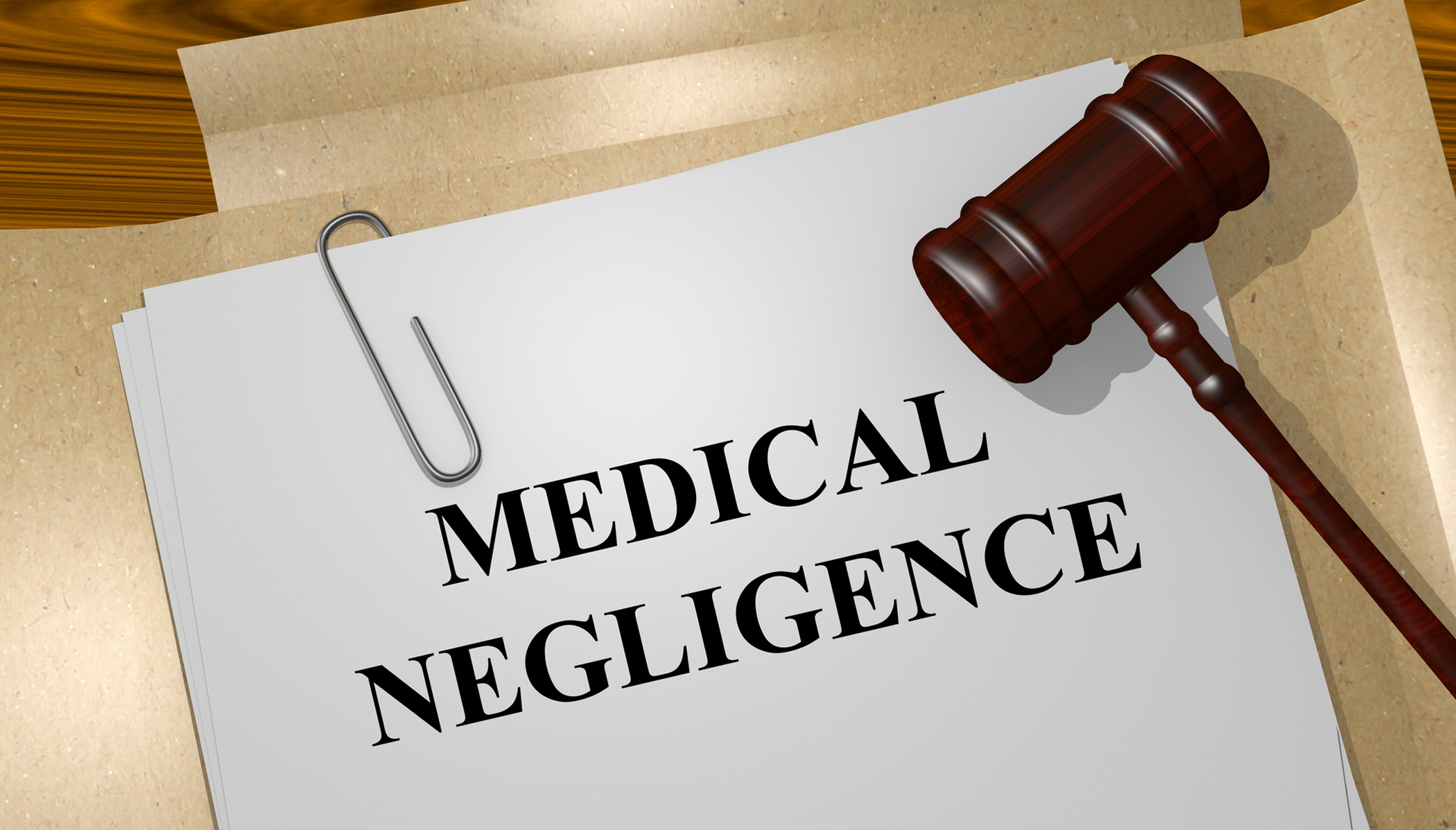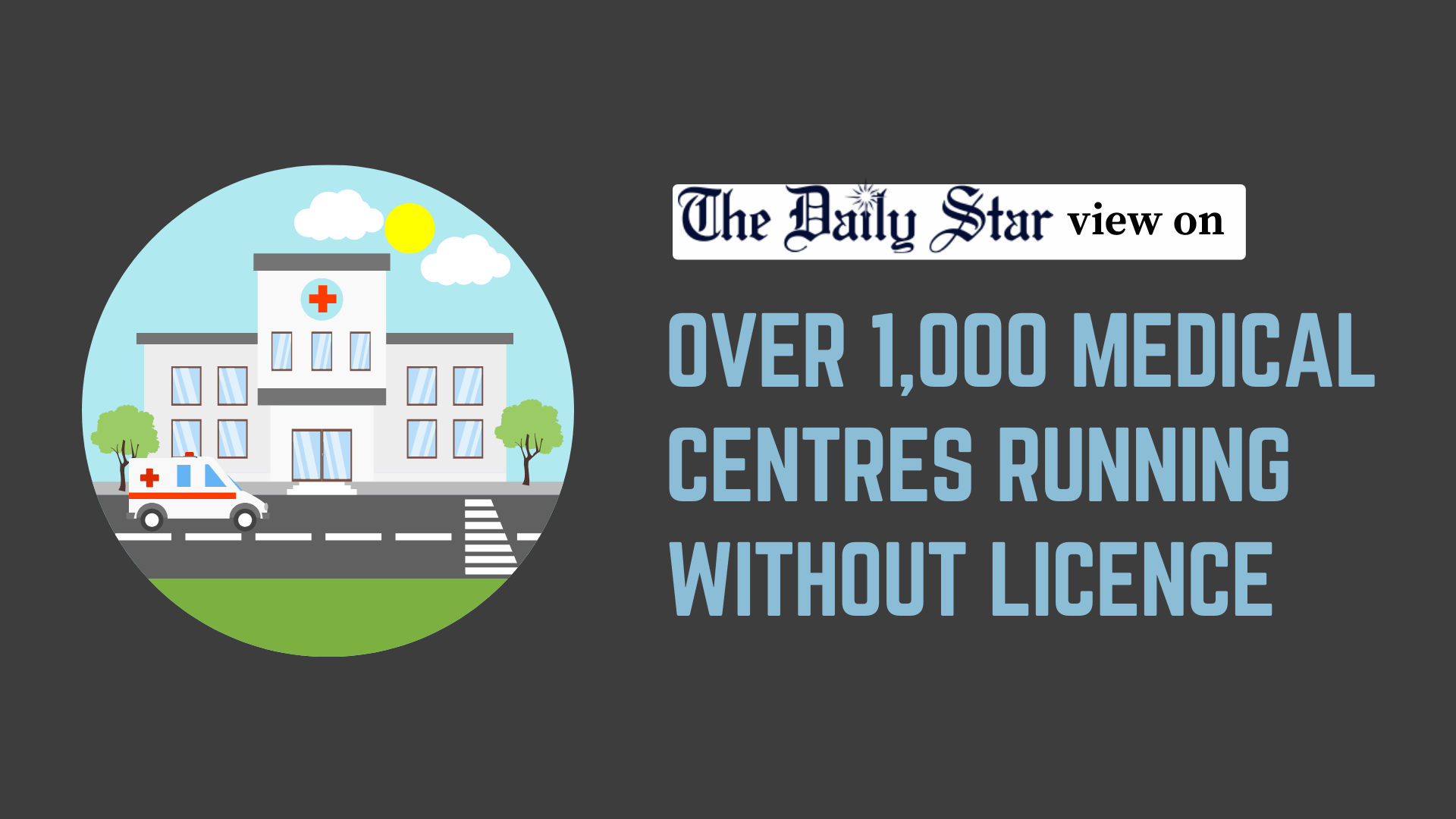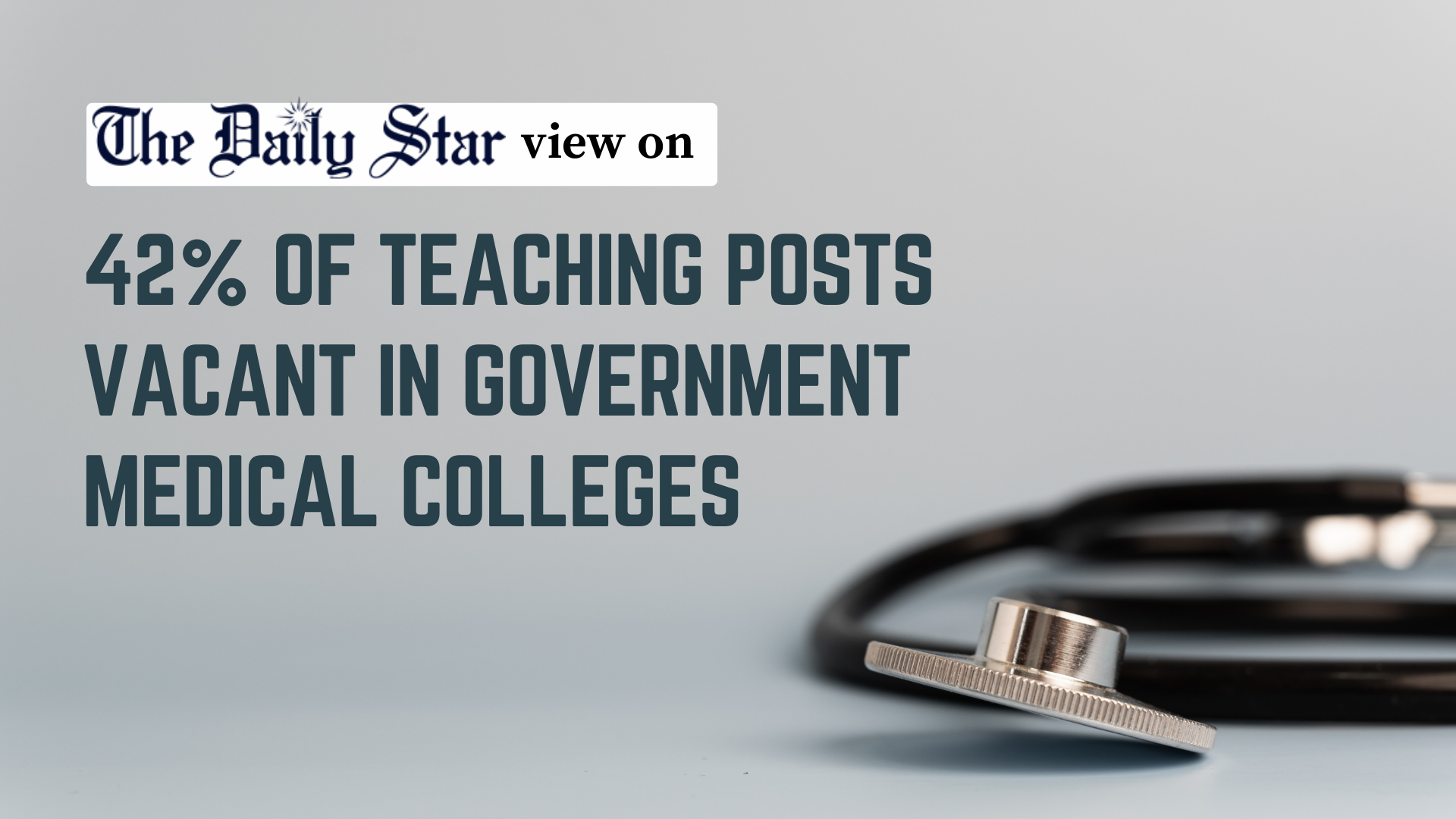Reckless medical negligence is upending families

We are shocked to learn of another child who died allegedly due to the administration of general anaesthesia during a circumcision procedure on Tuesday night, less than seven weeks after another death under a similar circumstance. According to a report by this paper, Ahnaf Tahmin Ayham, a 10-year-old boy, did not regain consciousness after the procedure and was declared dead an hour later. His father blamed attending doctors and authorities of the JS Diagnostic & Medical Checkup Centre and Hospital in Malibagh for the tragedy.
On January 7, five-year-old Ayaan Ahmed also died following a similar procedure under the influence of anaesthesia. His father, too, had blamed negligent treatment. Even the day before Ahnaf Tahmin's death, Raahib Reza, a 32-year-old IT consultant, died of a cardiac arrest he suffered during an endoscopy procedure. His family too alleged that anaesthesia had been administered without proper examination of his medical reports. The manner in which such incidents are occurring is really frightening. The question is, why can't the authorities stop the incidence of medical negligence?
While we usually talk about this issue only after a death, such negligence has been known to affect patients in various other ways, whether reported or not. If the recent series of tragedies proves one thing, it is the lack of effectiveness of existing legal and administrative safeguards and the punitive measures that are usually taken. We, therefore, must delve deeper into the root causes of such incidents and implement comprehensive reforms to prevent their recurrence.
First and foremost, there must be a robust regulatory framework to monitor and enforce standards of care in every healthcare facility, private or public. Licensing requirements for private facilities should be stringent, mandating adherence to protocols, staffing qualifications, and equipment standards. Routine inspections should also be conducted to ensure compliance and prompt corrective action in case of violations. The authorities cannot jump to action only after a tragedy has struck and expect long-term results. Equally vital is ensuring that only properly trained doctors serve patients. Most importantly, a culture of patient-centred care across the healthcare system is paramount.
Beyond healthcare reforms, there is also a pressing need for public awareness of patient rights and safety. Even one death due to medical malpractice or negligence is one too many.



 For all latest news, follow The Daily Star's Google News channel.
For all latest news, follow The Daily Star's Google News channel. 



Comments